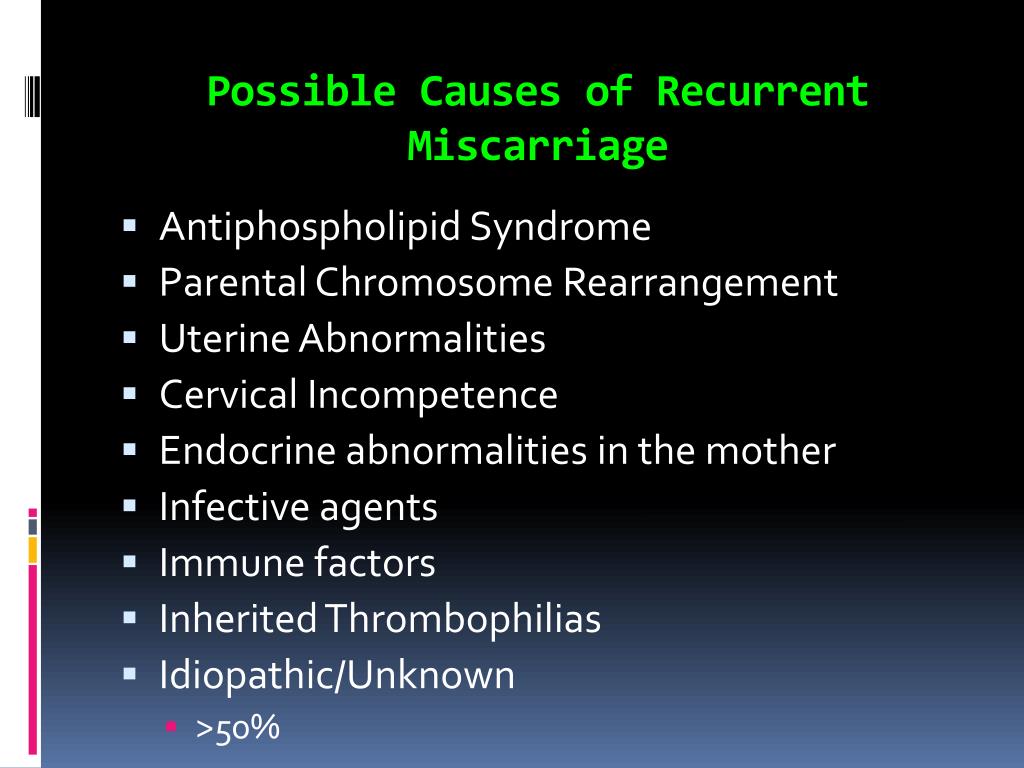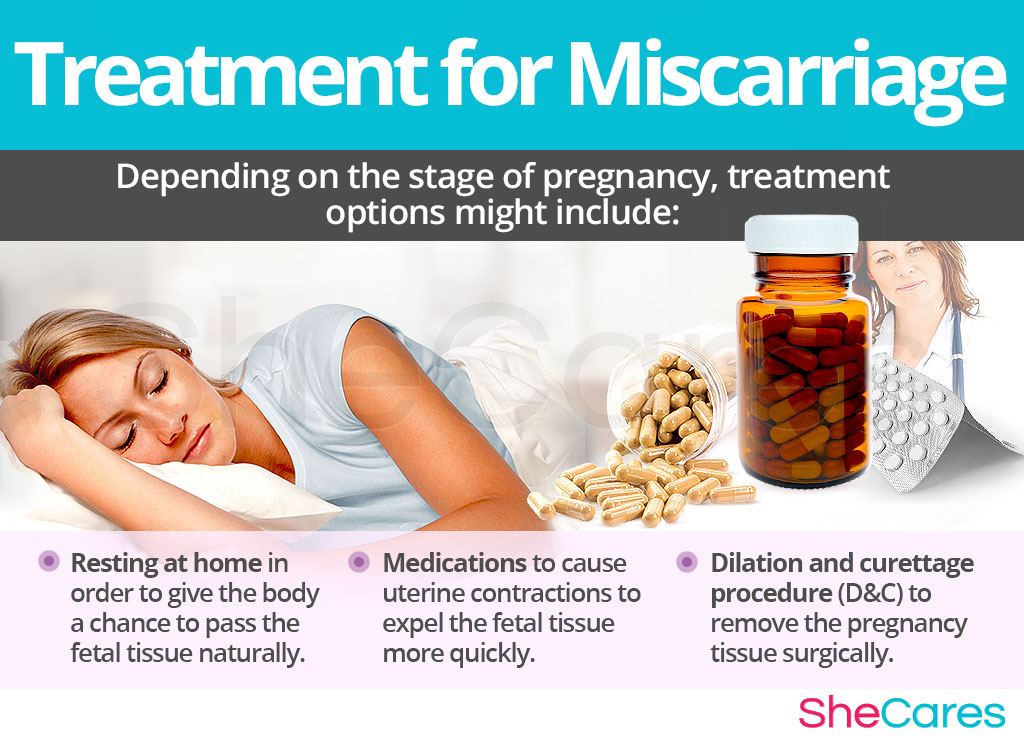Unbelievable Info About How To Prevent Recurring Miscarriages

For some women, the next.
How to prevent recurring miscarriages. Avoid smoking and secondhand smoke. A complete physical exam, including a. If it has, that makes a miscarriage more.
However, there are ways to lower your risk of miscarriage,. If you feel any kind of complication, consult your doctor immediately to avoid the chances. In many cases, the cause of a miscarriage is not known and you would not have been able to prevent it.
Recurrent miscarriages may be caused by problems in the mother, father, fetus, or. External links and references may no longer work. The exact mechanisms by which blood clotting disorders cause miscarriages are not yet well understood, but the primary.
Recurrent (repeated) miscarriages is having had at least 2 miscarriages. To help find the cause of repeated miscarriages, your health care professional should ask about your medical history and past pregnancies. A miscarriage is the loss of a fetus before 20 weeks of pregnancy.
To determine the cause of recurrent miscarriages, a fertility specialist or an ob/gyn will review a patient’s medical history and. Treatment may involve taking aspirin and heparin therapy, which both help to thin the blood. A miscarriage (also called a spontaneous abortion) is the unexpected ending of a pregnancy in the first 20 weeks of gestation.
Although there was evidence of decreased risk for total fetal loss among women receiving multivitamins without folic acid compared with no multivitamin/folic acid. Fortunately, reproductive medicine is uncovering more about what may cause recurrent miscarriages, steps people can take to reduce their chances of such a. Avoid alcohol and illicit drugs.
Take proper rest and an adequate amount of sleep during your pregnancy. Recurrent (repeated) miscarriages is having had at least 2 miscarriages. Research shows that in women who have recurrent miscarriage, their blood has an.
Women and their partners have uncertainties about the cause of. The review is structured to. For couples who have had repeated miscarriages, there are many uncertainties.
The ideal management is unanswered.


















